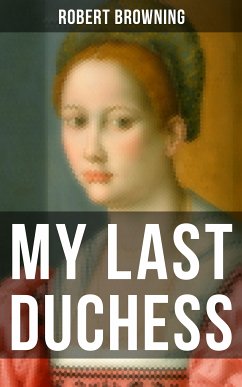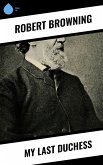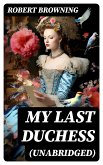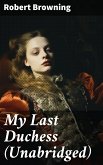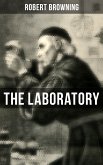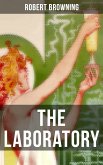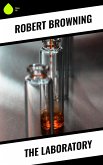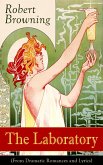Robert Browning's 'My Last Duchess' is a dramatic monologue that delves into themes of power, jealousy, and control. Written in the form of a Duke describing a painting of his late wife, the poem showcases Browning's mastery of dramatic verse and his ability to create complex characters. Set against the backdrop of Renaissance Italy, the poem explores the dark psychology of the Duke and his ruthless pursuit of dominance. Browning's use of language and imagery adds layers of depth to the narrative, making it a compelling read for those interested in poetry and psychological exploration. The poem is often studied for its historical context and its commentary on gender roles and societal expectations during the time period. Robert Browning, a prominent Victorian poet, was known for his exploration of human nature and his innovative use of dramatic monologue. 'My Last Duchess' reflects Browning's fascination with exploring the depths of the human psyche and his skill in crafting intricate characters. His work is often praised for its psychological insight and rich language, making him an influential figure in English literature. I highly recommend 'My Last Duchess' to readers who appreciate finely crafted poetry that delves into complex themes and characters. Browning's exploration of power dynamics and the darker aspects of human nature make this poem a timeless and thought-provoking read.
Dieser Download kann aus rechtlichen Gründen nur mit Rechnungsadresse in A, B, BG, CY, CZ, D, DK, EW, E, FIN, F, GR, H, IRL, I, LT, L, LR, M, NL, PL, P, R, S, SLO, SK ausgeliefert werden.

